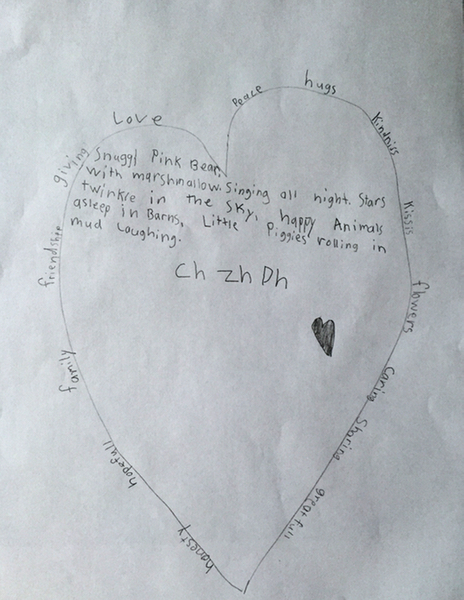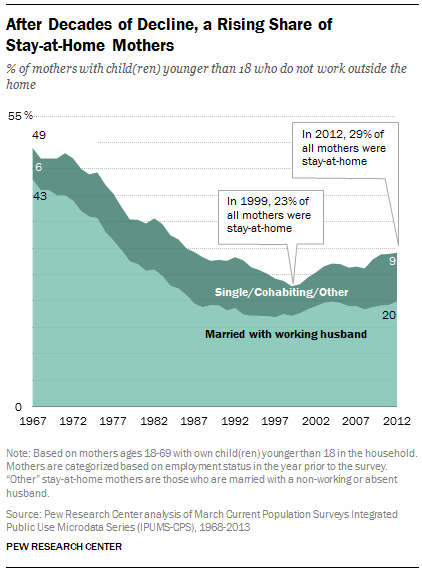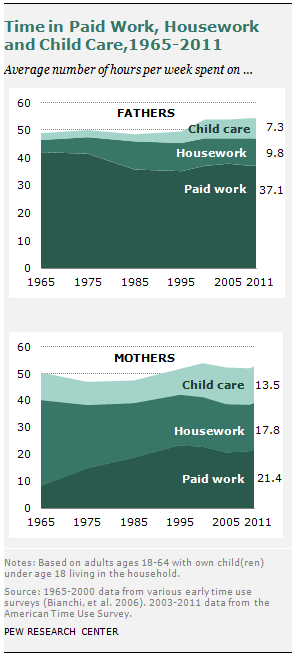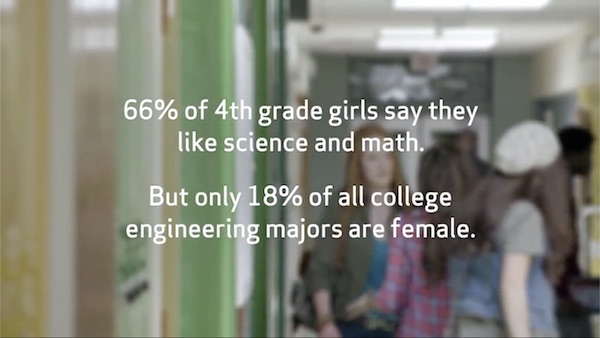On one of Reader’s windowsills: framed photographs of his son and daughter, a hand-painted pot, a sun-bleached note.
I am growing older, I have been in hospitals. Do I wish to write certain things down?
“Eppur si muove.” How many children will learn these words, though there’s no evidence Galileo muttered them.
252,000 stadia, as Eratosthenes knew, was the circumference of the earth. Columbus did not prove the earth was round, despite what kids learn.
Nonlinear? Discontinuous? Collage-like?
Ingenious nonsense, Isaac Newton dismissed poetry as; he spent countless nights pursuing alchemical transmutations.
An assemblage?
Emperor Maximilian I sought advice from his daughter Margaret, in letters written in French, German, and secret code.
Reader and his mind full of clutter?
What you get married for if you don’t want children?
Heinrich Kramer and Jacob Sprenger. Misogynists. Matthew Hopkins too.
Reader notes the similarity between discussions about parenting and commonplace books.
All life is sorrowful.
Tycho Brahe wore a silver alloy nose, having lost his in a duel.
Reader’s son or daughter may one day want his books.
Galileo had three illegitimate children.
Cosmas indicopleustes seems to have thought the earth was shaped like the tabernacle.
Reader has read to a child every night for the last twelve years, to two children every night for the last seven. Tonight, Magic Treehouse and Treasure Island.
Parent to child: “Eram quod es, eris quod sum.”
Washington Irving made up the story about Columbus proving the earth was round, for his fictionalized biography, A History of the Life and Voyages of Christopher Columbus (1828).
Two of Thomas Mann’s sons committed suicide. As did two of Marx’s daughters.
Reader can’t imagine the pain.
Der Vater ohne Eigenschaften, surely a work waiting to be written.
Parenting books distend rules of thumb and commonsense. A case can be made for burning them.
In the end, one reads only for one’s self.
Nonlinear. Discontinuos. Collage-like. An assemblage.





You must be logged in to post a comment.